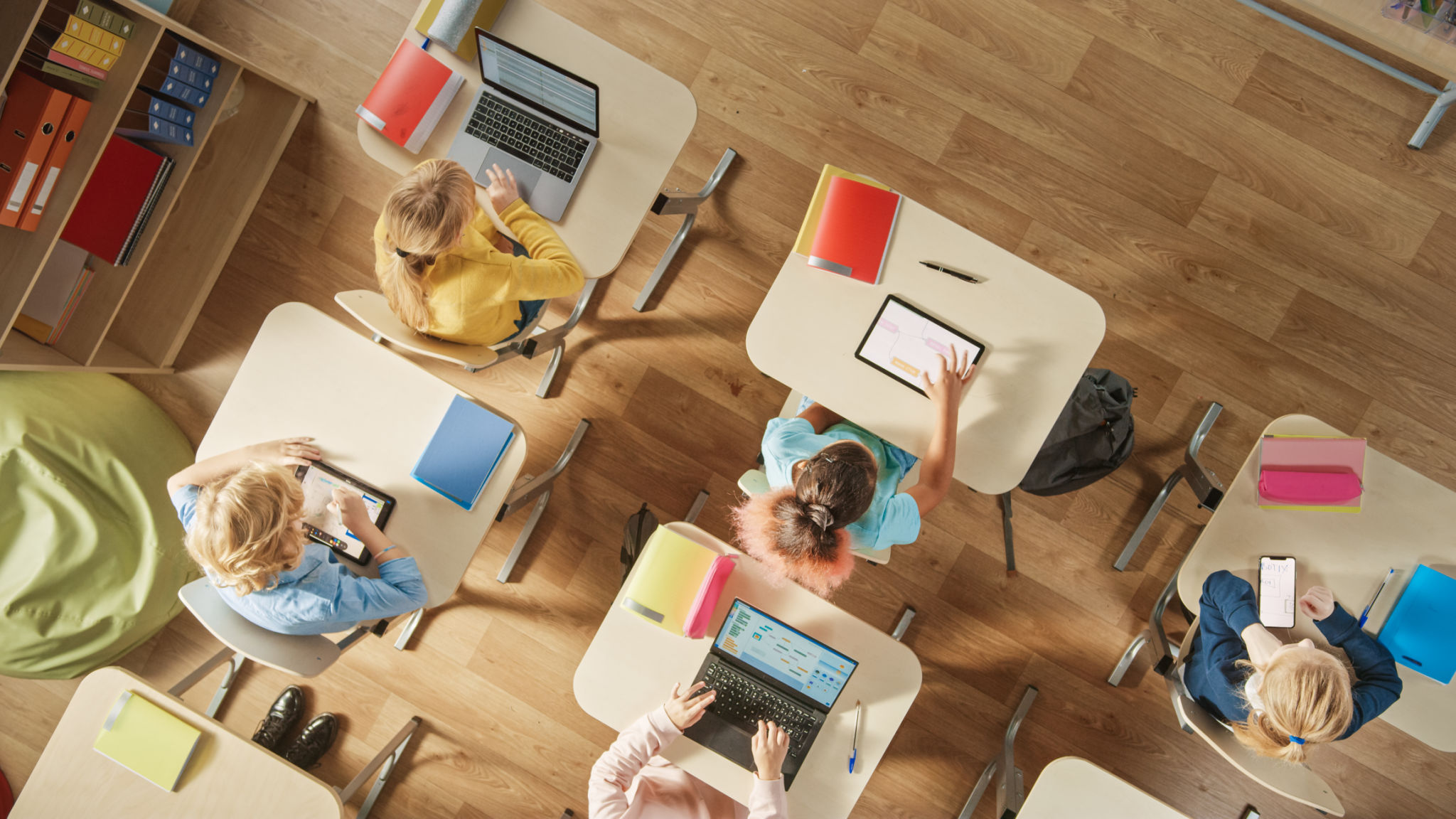FAQs About Personalized Learning Programs in NSW
What is Personalized Learning?
Personalized learning is an educational approach tailored to the individual needs, skills, and interests of each student. Rather than a one-size-fits-all method, it adapts content, pacing, and instructional methods to ensure that every student can succeed. This approach is becoming increasingly popular in New South Wales (NSW) as schools aim to better engage students and improve learning outcomes.
In personalized learning programs, students often have more control over their learning process. They might choose projects that interest them or work at their own pace in certain subjects. This autonomy helps to foster a deeper connection with the material and encourages lifelong learning habits.

How Does Personalized Learning Work?
Personalized learning can be implemented in various ways, from using technology to adapt lessons to incorporating student interests into the curriculum. Teachers play a crucial role in guiding and supporting students as they navigate their personalized learning paths.
Technological tools are often used to track progress and provide data-driven insights into student performance. This information helps educators tailor their teaching strategies to meet each student's unique needs. Additionally, personalized learning can involve project-based assignments that allow students to explore topics deeply and apply their knowledge in practical contexts.
Benefits of Personalized Learning Programs
The benefits of personalized learning are numerous and can have a profound impact on student success. Here are some key advantages:
- Improved Engagement: When learning is customized to students' interests, they are more likely to be engaged and motivated.
- Better Academic Outcomes: Tailored instruction can help students grasp difficult concepts and achieve higher academic standards.
- Development of Critical Thinking Skills: Personalized projects encourage independent thinking and problem-solving abilities.

Challenges of Implementing Personalized Learning
Despite its benefits, personalized learning programs also face challenges. One significant hurdle is the need for sufficient resources and training for educators. Developing a personalized curriculum requires time, effort, and an understanding of each student's needs.
Another challenge is ensuring equity in access to technology and resources. In some cases, disparities in access can widen the achievement gap, particularly in under-resourced schools. It's essential for schools to address these issues to ensure all students benefit from personalized learning opportunities.
FAQs About Personalized Learning in NSW
Is personalized learning suitable for all students?
While personalized learning can benefit many students, it may not be the best fit for everyone. Some students thrive in structured environments, while others may excel with more autonomy. It's important for educators to assess individual needs and preferences to determine the most effective approach.
How are parents involved in personalized learning?
Parental involvement is crucial in personalized learning. Parents can support their children's education by staying informed about their progress and providing encouragement at home. Many schools offer regular updates and meetings to keep parents engaged in their child's learning journey.

What role does technology play in personalized learning?
Technology is a vital component of many personalized learning programs. It enables teachers to deliver customized content, track student progress, and adjust lessons based on real-time data. However, it's important to balance technology use with traditional teaching methods to ensure a comprehensive learning experience.
In conclusion, personalized learning programs in NSW offer exciting opportunities for student engagement and success. By understanding and addressing the challenges, educators can create a more inclusive and effective educational environment for all learners.